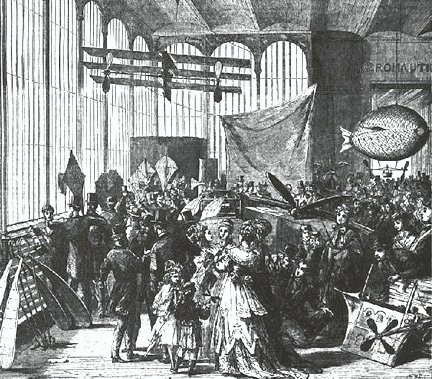In my reprisals article I argue that historians have, for the most part, underestimated popular support during the Blitz for counterbombing of German cities. I think Tom Harrisson, both during the war as head of Mass-Observation and after as author of Living Through the Blitz, had a lot to do with this. But there were no doubt other vectors. One is the contemporary psychological literature. In a discussion of the psychological effects of what he terms ‘punishment’ or Douhet-style bombing, Robert Pape argues that, as opposed to heavy punishment,
light punishment produces popular anger toward the attacker and, often, demands for reprisals […] in both World Wars, British civilians who had not experienced heavy air attacks were more likely to favor an aggressive ‘Bomb Berlin’ policy than those who had.1
This is actually perfectly correct — as far as it goes: people in blitzed areas were less likely to want reprisals than those in non-blitzed areas. As long as it is understood that a majority of people in blitzed areas still wanted reprisals (or at most were equally split on the question), which is what’s usually forgotten.
Now Pape, who is not a historian but a political scientist, doesn’t draw on Harrisson or other secondary sources for this point, but instead cites two scientific articles published shortly after the Blitz. So what do they say? The first is by Robert H. Thouless, a psychology lecturer at Cambridge, and appeared in Nature in August 1941. Most of the article is actually about the psychological problems among evacuated children and mothers, but towards the end he discusses the effects of air raids themselves. Here he says:
It was interesting to notice that while people in the most heavily raided areas were more critical and more depressed, they were nevertheless more active in A.R.P. work and saved more money than in less raided areas. They were also more inclined to reject the idea that we should undertake reprisal raids on German towns.2
Again this is probably fine as a general statement. But Thouless doesn’t give a source other than ‘Investigations in heavily raided areas other than London’.3 Moreover, he was reporting not on his own research but on a general discussion at a British Psychological Society meeting. As scientific evidence we should perhaps not place too much weight on it.
Pape’s second source is P. E. Vernon, an education psychologist working at the University of Glasgow. In an much more substantial article than Thouless’s (though with the same title!) published in the Journal of Abnormal and Social Psychology in October 1941, Vernon drew on reports from more than fifty doctors and psychologists for their observations of the effect of bombing on the population at large, a methodology which he admitted to be not particularly scientific. But for his remarks on reprisals he appears not to have used this data:
Several surveys, including a Gallup poll, show that heavily bombed people are not generally in favor of reprisals. Rather it would seem that the comparatively safe urge the ‘Bomb Berlin’ policy.4
The ‘Gallup poll’ is presumably the BIPO opinion poll published in May. The other ‘surveys’ may include Mass-Observation data, since he says ‘The most extensive investigations [of the psychological effects of bombing], most of whose results cannot be published until after the war, are those of T. Harrisson’s organization — Mass Observation’.5 If they did privately share data and ideas, Harrisson’s influence may explain why Vernon misinterpreted the BIPO data, since it actually shows that heavily bombed people were, if anything, generally in favour of reprisals.
![]() This work is licensed under a Creative Commons Attribution-NonCommercial-NoDerivatives 4.0 International License.
Permissions beyond the scope of this license may be available at http://airminded.org/copyright/.
This work is licensed under a Creative Commons Attribution-NonCommercial-NoDerivatives 4.0 International License.
Permissions beyond the scope of this license may be available at http://airminded.org/copyright/.
- Robert A. Pape, Bombing to Win: Air Power and Coercion in War (Ithaca and London: Cornell University Press, 1996), 26; emphasis in original. [↩]
- Robert H. Thouless, ‘Psychological effects of air raids”, Nature (16 August 1941), 184-5. [↩]
- Ibid., 184. [↩]
- P. E. Vernon, ‘Psychological effects of air-raids’, Journal of Abnormal and Social Psychology 36 (1941), 469. [↩]
- Ibid., 457. [↩]




Pingback: History Carnival 114 |